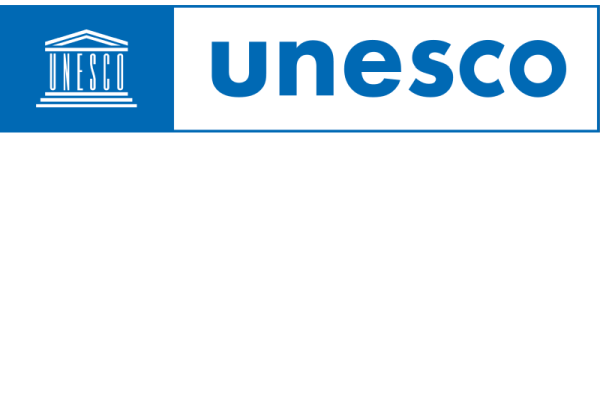- Address
- Paris, France
- Website
- Social
UNESCO - the United Nations Educational, Scientific and Cultural Organization (UNESCO) was founded on 16 November 1945. For this specialized United Nations agency, it is not enough to build classrooms in devastated countries or to publish scientific breakthroughs. Education, Social and Natural Science, Culture and Communication are the means to a far more ambitious goal : to build peace in the minds of women and men.
UNESCO Contribution to the European Training Platform
I) Rule of Law and Freedom of Expression
As the United Nations agency with a specific mandate to foster “the free flow of ideas by word and image”, UNESCO is committed to foster freedom of expression and access to information. These are fundamental freedoms and cornerstones of democracy, but also enablers of other human rights and the rule of law more broadly. Further, UNESCO promotes the safety of journalists and contributes to end impunity for crimes and attacks committed against them.
In line with its mandate and in the framework of the UN Plan of Action on Safety of Journalists and the Issue of Impunity, UNESCO cooperates with members of the judiciary to support their vital role in protecting and ensuring an environment conducive to freedom of expression, access to information and other fundamental freedoms, and in reinforcing the ‘three Ps: Prevention, Protection and Prosecution of crimes and attacks against journalists.
Through the Judges’ Initiative, since 2013 UNESCO has raised knowledge and capacities of judicial actors on international and regional standards on freedom of expression, access to information and the safety of journalists in more than 160 countries around the world. Over 36,000 judicial actors - including judges, prosecutors and lawyers - have been trained on these issues, notably through:
- A series of Massive Open Online Courses (MOOCs);
- Regional training and on-the-ground workshops;
- Publications of pedagogical resources;
- Cooperation agreements (Memoranda of Understanding) with regional courts of human rights, judicial training institutes and supreme courts;
- Development and integration of specific modules on freedom of expression and safety of journalists into the curricula of judicial training institutes.
Webpages:
- UNESCO’s work on Rule of Law and Freedom of Expression for the judiciary
- Report on 10 years of UNESCO Judges Initiative
- UNESCO’s publications for judicial actors
- UNESCO Massive Open Online Courses for judicial actors
Social media:
II) AI & the Rule of Law
Judicial operators play a key role in tackling the challenges arising from the rapid advancement of AI, while also using AI to expand access to justice. UNESCO’s AI and the rule of law programme, supported by the European Commission, is aimed at building the capacity of judicial actors to leverage AI use in the judiciary. The programme aims to enhance access to justice while simultaneously managing AI-related risks in accordance with principles of the rule of law and human rights. With this objective, UNESCO has embarked on inter-regional trainings, in both in-person and online formats across various regions, including Africa and Latin America. As part of this programme, UNESCO has reached over 5.900 judicial operators in 142 countries through its Global MOOC on AI and the Rule of Law. Through its Global Toolkit on AI and the Rule of Law for the Judiciary, the project aims to respond to the needs of judicial actors with the knowledge and tools necessary to understand the benefits and risks of AI in their work. UNESCO has developed several resources and capacity building tools to achieve its objectives, including:
- (i) the Interim Global Toolkit on AI and the Rule of Law in the Judiciary available in English, French and Spanish;
- (ii) Massive Open Online Course on AI and the Rule of Law available in seven languages; and
- (iii) a series of Webinars on various topics of concern to judicial operators on AI & the Rule of Law.
Webpages:
- AI and the Rule of Law: Capacity Building for Judicial Systems
- UNESCO Launches Survey of Judicial Operators on AI and the Rule of Law
- UNESCO and Smart Africa: Empowering African Judicial Operators in AI and the Rule of Law
- Tools for ethical use: Judges from Latin America and the Caribbean are trained in Artificial Intelligence and the Rule of Law

